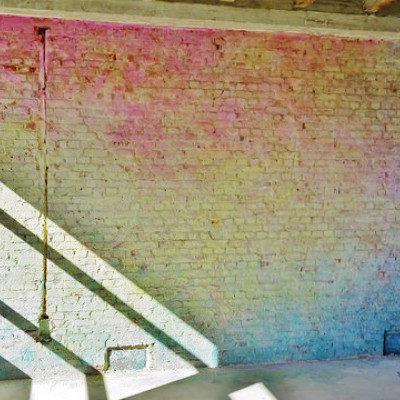
Ambitious New European Agenda for Culture
EU citizens believe culture is the most important factor in creating a sense of community. But 36% don't currently participate in cultural activities, so increasing cultural participation would bring Europeans closer together. In response to these findings, and to calls from EU leaders for increased EU collaboration on culture, the European Commission adopted on 22 May 2018 a proposal for a New European Agenda for Culture.
The New Agenda, backed with appropriate funding will exploit synergies between culture and education and strengthen links between culture and other policy areas. It will also help cultural and creative sectors overcome the challenges and grasp the opportunities of the digital shift.
Strategic Objectives and Actions
The New Agenda has three strategic objectives, with social, economic and external dimensions.
Social dimension - harnessing the power of culture and cultural diversity for social cohesion and well-being
- Foster the cultural capability of all Europeans by making available a wide range of cultural activities and providing opportunities to participate actively
- Encourage the mobility of professionals in the cultural and creative sectors and remove obstacles to their mobility
- Protect and promote Europe's cultural heritage as a shared resource, to raise awareness of our common history and values and reinforce a sense of common European identity
Economic dimension - supporting culture-based creativity in education and innovation, and for jobs and growth
- Promote the arts, culture and creative thinking in formal and non-formal education and training at all levels and in lifelong learning
- Foster favourable ecosystems for cultural and creative industries, promoting access to finance, innovation capacity, fair remuneration of authors and creators and cross-sectoral cooperation
- Promote the skills needed by cultural and creative sectors, including digital, entrepreneurial, traditional and specialised skills
External dimension - Strengthening international cultural relations
- Support culture as an engine for sustainable social and economic development
- Promote culture and intercultural dialogue for peaceful inter-community relations
- Reinforce cooperation on cultural heritage
Implementing the New Agenda
The EU’s role is to provide incentives and guidance to test new ideas and support Member States in advancing a shared agenda. In some areas there is clear scope to do more, through strategic orientations, enhanced working methods and pilot activities.
Cooperation with Member States
The New Agenda should be implemented through Work Plans and working methods - such as the Open Method of Coordination - endorsed by the Member States. To increase impact, the Commission proposes also to focus on concrete implementation at national, regional or local levels, through joint projects part-financed by EU instruments, offering peer-learning and technical assistance to Member States, or to regional and local authorities designated by Member States.
Structured dialogue with civil society
The Commission plans to broaden the current structured dialogue, going beyond topics examined under the Open Method of Coordination, making more of online collaboration opportunities, and opening up to relevant organisations outside cultural and creative sectors on a case-by-case basis. It will also propose a more active role for civil society in preparing the biennial European Cultural Forums.
